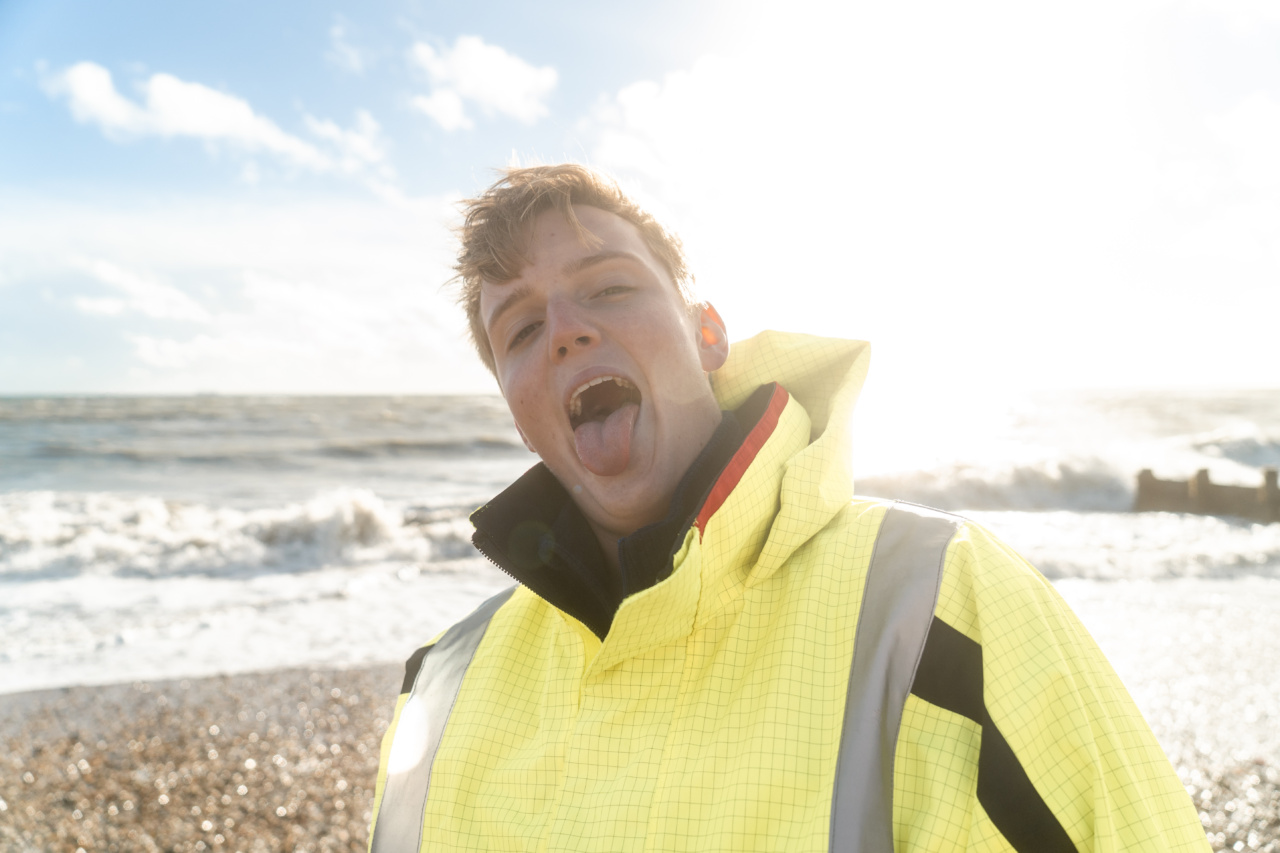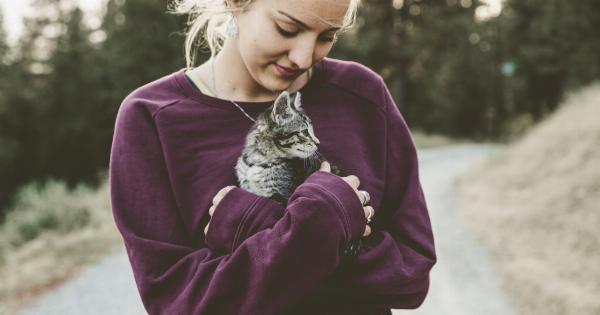A foal is a young horse or pony that is typically less than one year old. It is an energetic and playful animal that can quickly make friends with other foals. Foals are social creatures, and they thrive in the company of their peers.
However, as a responsible horse owner, it is your job to teach your foal the importance of looking out for his pals. In this article, we will discuss why it is crucial for foals to have friends, and how you can help your foal develop strong bonds with his peers.
Why Do Foals Need Friends?
Just like humans, horses are social animals. They crave interaction with others of their kind, and this is especially true for foals. Foals learn a lot from each other that they cannot learn from humans or their mother.
They learn how to socialize, how to play, and how to communicate. When foals are allowed to interact with each other, they learn valuable skills that will help them to have successful lives as adult horses.
The Benefits of Having Friends
When foals have friends, they experience numerous benefits. First, they are happier. Foals that are isolated from others of their kind tend to be less happy and more anxious.
When foals are with their peers, they have an opportunity to play, and this helps to relieve stress and anxiety. Second, foals that have friends tend to be better adjusted. They are more confident, have more self-esteem, and are less likely to be fearful or reactive. Third, foals that have friends are healthier.
They tend to have a better immune system, and they are less prone to digestive problems and colic.
How to Help Your Foal Make Friends
If you want your foal to have friends, you need to take an active role in his socialization. Here are some tips to help your foal make friends:.
1. Allow socialization from an early age
When your foal is born, it is essential to give him access to other foals as soon as possible. This will help him to develop social skills and to learn from his peers.
2. Provide ample space
Ensure that you have enough space for your foal to socialize with his peers. Foals need plenty of room to run and play, and if they are cramped, they may become aggressive or territorial.
3. Provide toys
Toys such as balls and hanging objects are excellent for foals. They provide a source of entertainment and can help to stimulate play.
Additionally, by providing toys, you give foals something to play with that is not another foal, which can help reduce the risk of injuries.
4. Monitor the group
It is important to monitor the group dynamic to ensure that there is no bullying or aggression. Foals can be rambunctious, and sometimes they can become too rough with each other.
Watch to make sure that no one is being injured or left out of the group activities. If you notice any problems, intervene immediately.
5. Introduce new horses with care
If you are introducing a new foal into the group, it is essential to do so with care. You should introduce the new foal slowly and monitor the group dynamic to ensure that everyone is getting along.
Conclusion
Foals need friends to become well-adjusted, happy, and healthy adult horses. As a responsible horse owner, it is your job to ensure that your foal has ample opportunities to socialize with his peers.
By providing a safe and nurturing environment, you can help your foal to develop strong bonds with his buds. Remember always to monitor the group and to intervene if you notice any problems. With your guidance, your foal can become a socially adept and well-rounded horse.






























